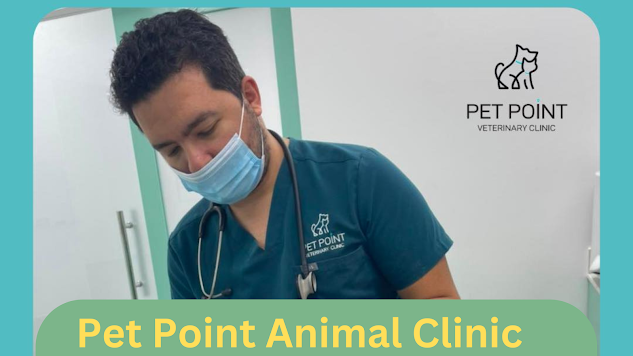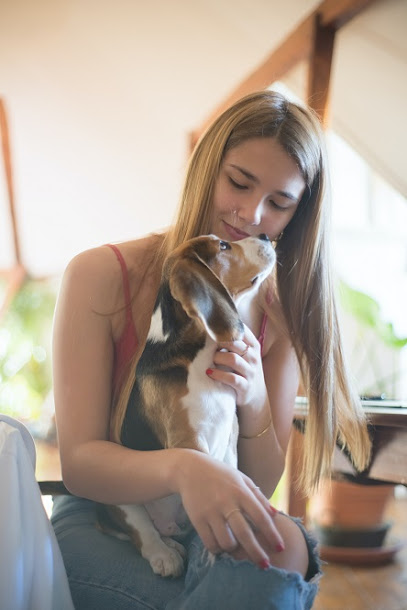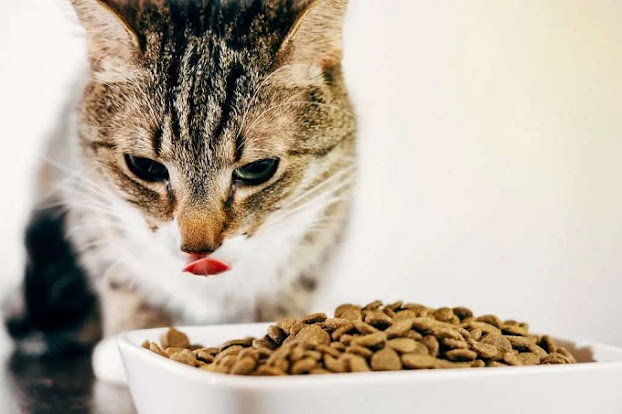Boosting Herd Immunity: The Role of Pet Vaccination in Community Health
- Get link
- X
- Other Apps
Pet vaccination is a critical aspect of responsible pet ownership, playing a key role in ensuring the health and well-being of our beloved animal companions. Just as vaccinations are crucial for humans, they are equally important for pets, helping prevent a range of potentially life-threatening diseases and safeguarding the overall community of animals.
Vaccination is a proactive measure designed to stimulate the immune system of pets, preparing it to recognize and combat specific pathogens. These pathogens, often viruses or bacteria, can lead to severe illnesses in pets, ranging from respiratory infections to more serious and fatal diseases. Common vaccines for pets include those for rabies, canine distemper, feline leukemia, parvovirus, and more, each tailored to the specific needs and vulnerabilities of different species.
One of the most well-known and universally required pet vaccinations is against rabies. Rabies is a deadly viral disease that affects the nervous system of mammals, including humans. The vaccination not only protects the individual pet but also helps prevent the spread of this zoonotic disease to other animals and humans. In many places, rabies vaccination is a legal requirement for pet ownership.
Canine distemper is another highly contagious and potentially fatal disease that affects dogs. The vaccine for canine distemper is typically administered as part of a combination vaccine that also protects against other diseases like parvovirus and adenovirus. These vaccinations are typically given during the early stages of a pet's life, with booster shots recommended at regular intervals to maintain immunity.
For cats, feline leukemia is a concerning disease that can be prevented through vaccination. Feline leukemia is a retrovirus that weakens a cat's immune system, making it susceptible to other infections and diseases. The vaccine is particularly crucial for cats that spend time outdoors or come into contact with other cats, as the virus is often spread through close contact.
Parvovirus, a highly contagious virus that affects dogs, especially puppies, is another significant concern that can be prevented through timely vaccination. Parvovirus attacks the gastrointestinal tract, causing severe vomiting and diarrhea, and can lead to dehydration and death if not promptly treated. Vaccination is a vital tool in preventing the spread of this virus and protecting the vulnerable members of the canine population.
Pet vaccinations not only contribute to the individual well-being of animals but also play a crucial role in creating herd immunity within the pet community. Herd immunity is the indirect protection from infectious diseases that occurs when a large percentage of a population becomes immune, either through previous infection or vaccination. This helps break the chain of disease transmission and protects even those pets who may not be able to receive vaccinations due to health reasons.
In conclusion, pet vaccination is a fundamental aspect of responsible pet care. It not only safeguards the health of individual animals but also contributes to the overall well-being of the pet community. Pet owners should work closely with their veterinarians to establish a vaccination schedule tailored to the specific needs of their pets, ensuring a happy and healthy life for their cherished companions.
- Get link
- X
- Other Apps




Comments
Post a Comment